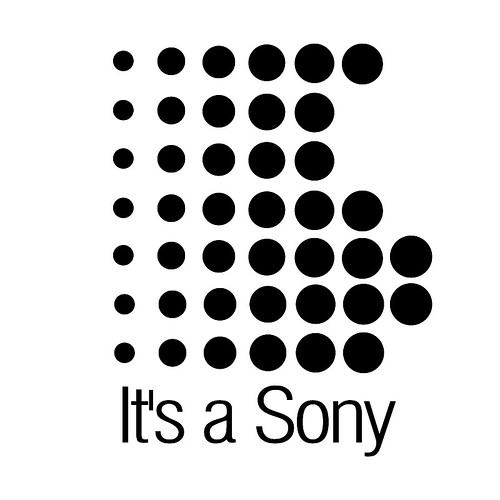The Sony Walkman WM-D6C Pro had a central part in music culture. By the time I was in sixth form many of my friends who were into their rock music used to order bootleg concert recordings from mail order outlets like Adrian’s Records.
The quality of the later bootlegs were noticeably better as it was easy to connect an affordable portable high-quality recording source up to the concert mixing desk or use a good microphone for a field recording. In fact, whilst some bands, notably The Grateful Dead, built a following using bootlegged concert tapes as a marketing tool; the record industry viewed it with a horror comparable to bit torrent today.
If there was one device responsible for improving the quality of these recordings it was the Sony Walkman WM-D6C Pro, then often known as the Pro-Walkman. Michelle Shocked, a folk artist beloved by the likes of Q Magazine, sprang into the spotlight with an album called The Texas Campfire Sessions (which was originally a bootleg or ‘field recording’ released by an English producer) recorded on a WM-D6C and Henry Rollins used one to record many of his spoken word recordings. In reality Sony had built a number of professional grade cassette recording devices, but this was the most useful. So it was inevitable that I would write about this throwback gadget.
Why was it so great?
- Cost: in terms of recording, the WM-D6C was favourably compared to Nakamichi hi-fi cassette decks. Nakamichi were about as high-end as cassette tape ever got with the Nakamichi Dragon cassette decks selling even now on eBay for 1,000+ USD. Hi-fi magazines recommended them as part of an ideal starter audiophile set-up. One of my friends used to have a Pro-Walkman, a NAD amplifier and a set of Rogers speakers. In terms of portable recording the Pro-Walkman was cheaper and more portable than comparable items in the Sony and Marantz ranges and was far cheaper than the Nagra range of portable reel-to-reel recorders often favoured for professional field recordings
- Features: the Pro-Walkman was also distinguished by being the only device of its size to have Dolby C noise reduction and a line-in socket. The tape mechanism was a quartz controlled capstan servo which controlled the tape speed precisely and dramatically improved the recording and playback quality of a cassette
- Build quality: the Pro-Walkman is exceptionally well put together. They last forever and can withstand a lot of abuse, being a lot less fragile than your average Walkman. All this engineering came with a price; as the device had quite a heft to it; however it could still be easily dropped in a coat pocket or handbag. If you see one of them dismantled you realise that it required hand assembly with almost the same level of skill as a watchmaker
- Trusted brand: It is hard for anyone younger than 16 to imagine the amount of trust Sony had as a brand. I still have a Sony Trinitron TV as it has an exceptional picture quality and my Uncle invested in a Sony Beta video recorder because whilst VHS was more popular this was a Sony. The Walkman defined listening to music on the move in the 1980s and for most people, though boom boxes had their place too and the Discman picked up where the Walkman left off. Think Apple or Google to get an idea of how big this brand was

It’s a Sony stood for unsurpassed quality in consumer electronics in the minds of many consumers because Sony’s industrial design, manufacturing prowess and quality were second-to-none (though in truth, the cracks had already started to show by the mid-1980s with some cheaper products being exceptionally cheap and nasty). And regardless of my current ambivalence towards the Sony brand and what happens to Sony in the future; both the Sony logo script and the ‘It’s a Sony dotted logo’ have to be two of the most iconic pieces of graphic design for me. More Sony related posts here.
